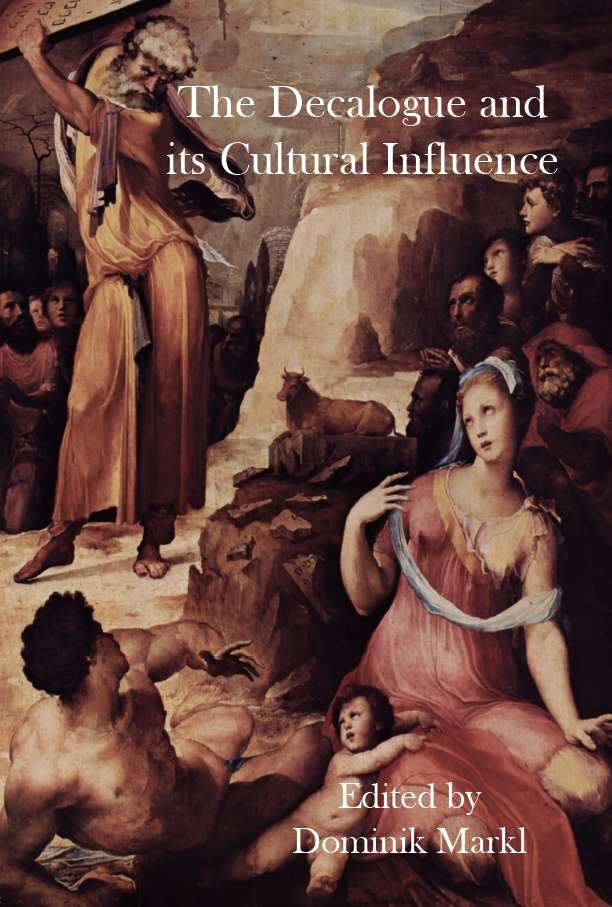Mark, Women and Empire: A Korean Postcolonial Perspective
£45.00
As Mark’s Gospel moves toward its climax, four stories of women challenge Jesus in his mission to establish the empire of God against the backdrop of the Roman Empire: those of the poor widow (12.41-44), the anointing woman (14.1-11), the women at the cross and the burial (15.40-41, 47), and the women at the empty tomb (16.1-8).
As Mark’s Gospel moves toward its climax, four stories of women challenge Jesus in his mission to establish the empire of God against the backdrop of the Roman Empire: those of the poor widow (12.41-44), the anointing woman (14.1-11), the women at the cross and the burial (15.40-41, 47), and the women at the empty tomb (16.1-8). They are stories that would seem to demand both a feminist and a postcolonial perspective on the part of their readers —yet Kim’s is the first reading of the Gospel that has taken an explicitly postcolonial feminist stance.
In addition to the feminist and the postcolonial themes, the third strand in Seong Hee Kim’s approach arises from her Korean context, which provides her with the concept of Salim interpretation, that is, ‘making things alive’. Starting from the reader’s context, she develops a Salim hermeneutics for each of the four stories by engaging in a dialogue between the biblical story and the reader’s use of her or his own imagination. The goal of her interpretation is such a making things alive, a mending of broken things, and an opening up of meaning —in contrast to the tendency of historical criticism, which has striven to identify a single, correct meaning in the biblical text.
Additional information
| table of contents | 1. THE CHALLENGE OF READING THE BIBLE: POSTCOLONIAL, CULTURAL AND FEMINIST READING Postcolonial Theory and the Bible Cultural Studies and the Bible Postcolonial Studies and Feminist Reading of the Bible from the Perspective of the Two-Thirds World Reading the Bible from the Perspective of Korean Women Guidelines for a Korean Postcolonial Feminist Reading of the Bible A Korean Postcolonial Feminist Reading: Salim Hermeneutics A Salimist Reading of the Bible from a Korean Women’s Perspective 2. READING THE GOSPEL OF MARK IN A POSTCOLONIAL GENERATION The Dawn of Postcolonial Studies on Mark: Literary and Sociopolitical Reading of Mark Review and Critique: Postcolonial Studies on Mark Review and Critique: Studies of Women in Mark. Review and Critique: The Postcolonial, Cultural, and Feminist Perspectives on Women in Mark 3. THE MARKAN COMMUNITY AND WOMEN IN THE EMPIRE The Roman Empire, God’s Empire, and ‘In-Between’ The Markan Community and the Empire Women and the Empire 4. RUPTURING THE IMPERIAL SYSTEM: THE POOR WIDOW (MARK 12:41-44) Historical and Literary Reading The Poor Widow as an Example to Follow Salim Interpretation of the Poor Widow as a Postcolonial Subject 5. THE CORONATION OF JESUS BY THE SUBALTERN WOMAN PROPHET: THE ANOINTING WOMAN (MARK 14:1-11) Historical and Literary Reading Salim Interpretation of the Anointing Woman as a Postcolonial Subject 6. THE FEMALE DISCIPLES BETWEEN TWO OVERLAPPING EMPIRES: THE WOMEN AT THE CROSS AND THE BURIAL (MARK 15:40-41, 47) Historical and Literary Reading Salim Interpretation of the Women at the Cross and the Burial 7. REBORN AS POSTCOLONIAL SUBJECTS IN AN ALTERNATIVE WORLD: THE WOMEN AT THE TOMB (MARK 16:1-8) Historical and Literary Reading Salim Interpretation of the Women at the Tomb through the Lens of Taoism and Buddhism |
|---|---|
| author | |
| authors | |
| editors | |
| isbn | |
| list price (paperback) | |
| page extent | |
| publication | |
| publication date | |
| series | |
| table of contenta | |
| version |


